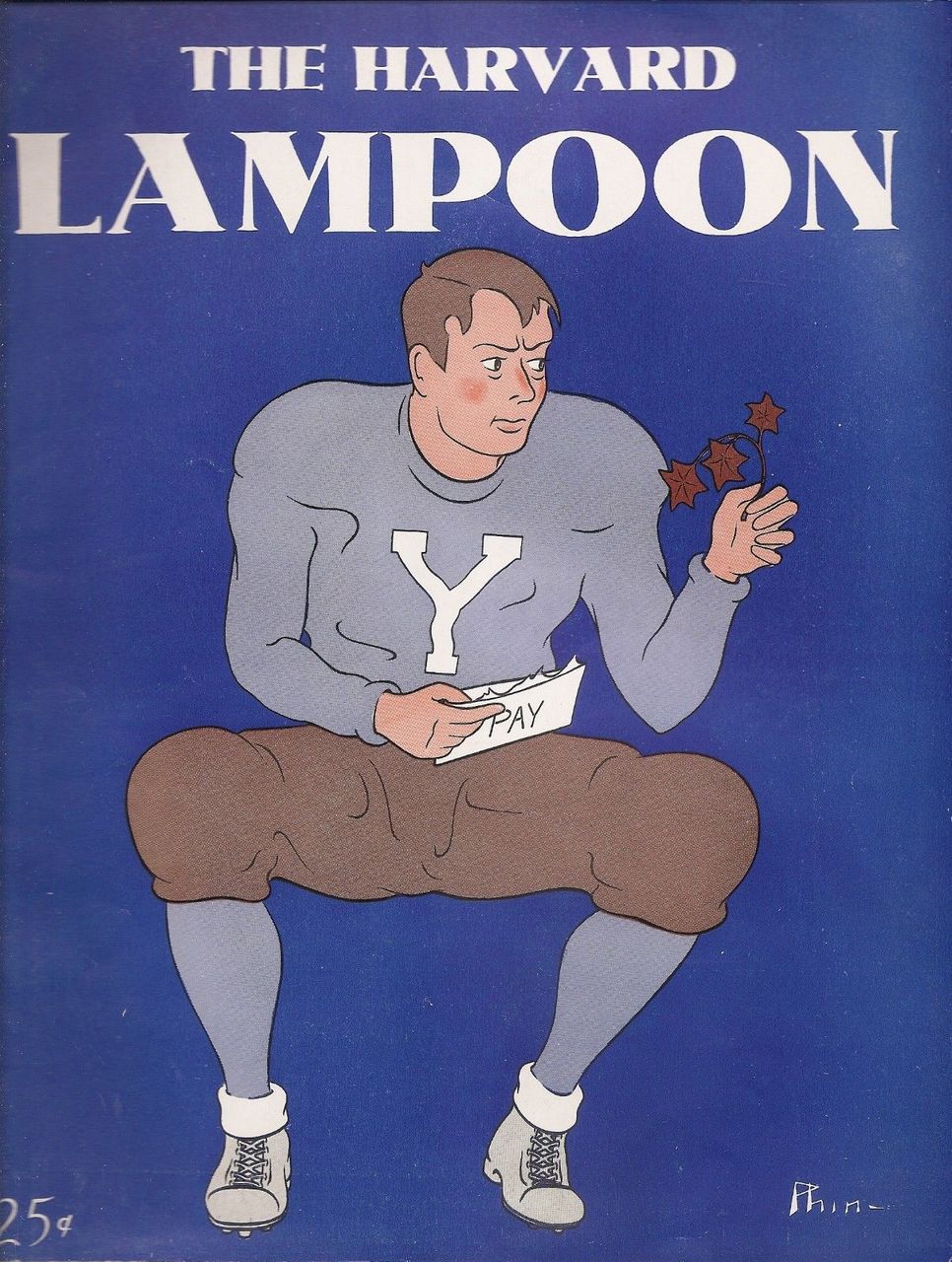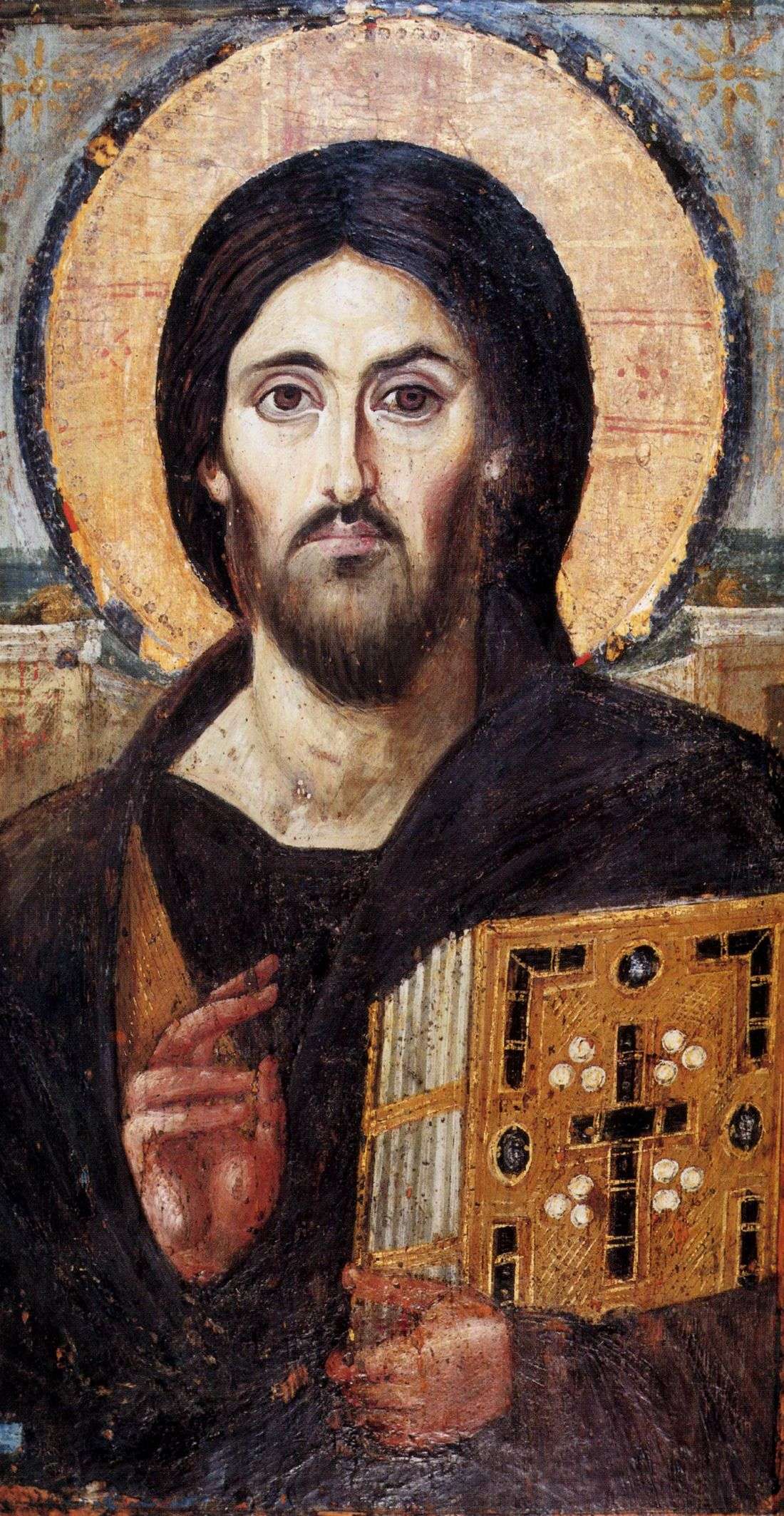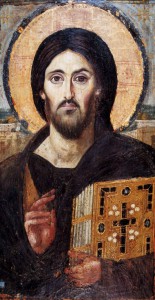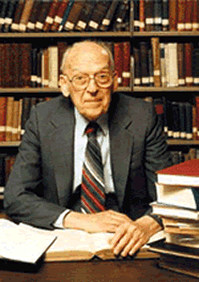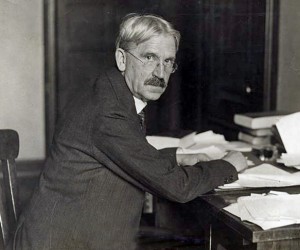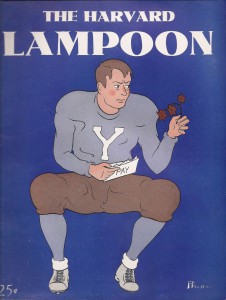 To George Sturgis
To George Sturgis
Hotel Bristol
Rome. May 7, 1928
The vagueness of the bequest to Harvard was intentional. It may be hard to find just the right man for the Fellowship even in the wide field of poetry, philosophy, theology, and the Harvard Lampoon: and when you remember that I hope to die a novelist, almost anyone not a chimney-sweep can hope for my legacy.
You are right about the reason for a Spanish child not having the same last name, although he has the same surname, as his father: the last is his mother’s family name. As to the middle name, as in the case of Manuela Ruiz de Santayana y Zabalgoitia, it is not necessary. Ruiz was originally our family name, Santayana being a place; but my father and his brothers got into the habit of using Santayana exclusively, for the sake of brevity. But the addition of the mother’s surname, now usually without the “y” prefixed, is legal, and necessary in a document. So you will find that your aunt’s will is signed “Susana Sturgis Borrás”. The Parkman is optional, and the husband’s name is not, in Spain, a wife’s name at all. She may be described as the wife, or politely, the lady, of so-and-so: but her name remains what it was originally. Calling your aunt, as she liked to be called, Susana Sturgis de Sastre, is not strictly correct; she was Doña Susana Sturgis y Borrás, señora de Sastre. The last words are a title or description, not a part of her name, as if you called me G. S, wedded to Metaphysics.
From The Letters of George Santayana: Book Four, 1928–1932. Cambridge, MA: The MIT Press, 2003.
Location of manuscript: The Houghton Library, Harvard University, Cambridge MA

